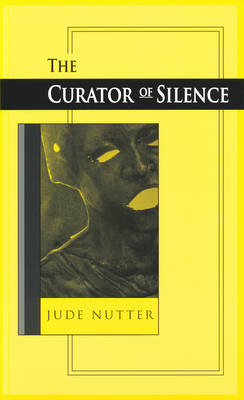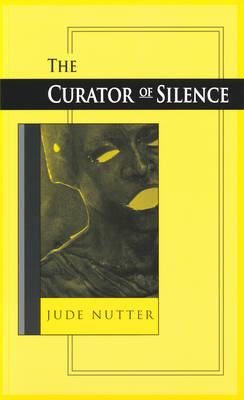
- Retrait gratuit dans votre magasin Club
- 7.000.000 titres dans notre catalogue
- Payer en toute sécurité
- Toujours un magasin près de chez vous
- Retrait gratuit dans votre magasin Club
- 7.000.0000 titres dans notre catalogue
- Payer en toute sécurité
- Toujours un magasin près de chez vous
Description
The title poem--about a group of schoolchildren illustrating Shelley's "Ode to a Skylark"--ends with the following assertion: "these are the only / lessons they will ever need to learn: that life / is not artifact, but aperture--a stepping into / and a falling away; that to sing is to rise / from the grave of the body. And still / say less than nothing."
This idea of the aperture, the gap, the silence that exists between what we want to say and what we actually do say pervades The Curator of Silence. The paradox, of course, is that the creation of art itself makes this gap, as there is always a gulf between the impulse and the gesture, the vision and the poem.
Nutter's experience of living for two months in the Antarctic, perhaps the greatest silence and solitude possible on earth, is the archetype of silence whose many dimensions she explores in this volume. She considers both literal, obvious silences--death, abandonment, loneliness, the silence into which lost things vanish--and silences of a more mysterious and paradoxical nature: the (mis)perceptions of childhood, the erasures of addiction and brain damage, the isolation of Antarctic explorers, and the seemingly distant, and often fearsome, lives of animals.
In the end, this great silence we batter our hearts against--call it the grave or god or the universe or the intimate silence of the white page--is the silence these poems are singing to and with, not against.
Spécifications
Parties prenantes
- Auteur(s) :
- Editeur:
Contenu
- Nombre de pages :
- 80
- Langue:
- Anglais
- Collection :
Caractéristiques
- EAN:
- 9780268205980
- Date de parution :
- 01-08-22
- Format:
- Livre relié
- Format numérique:
- Genaaid
- Dimensions :
- 140 mm x 216 mm
- Poids :
- 240 g

Les avis
Nous publions uniquement les avis qui respectent les conditions requises. Consultez nos conditions pour les avis.






